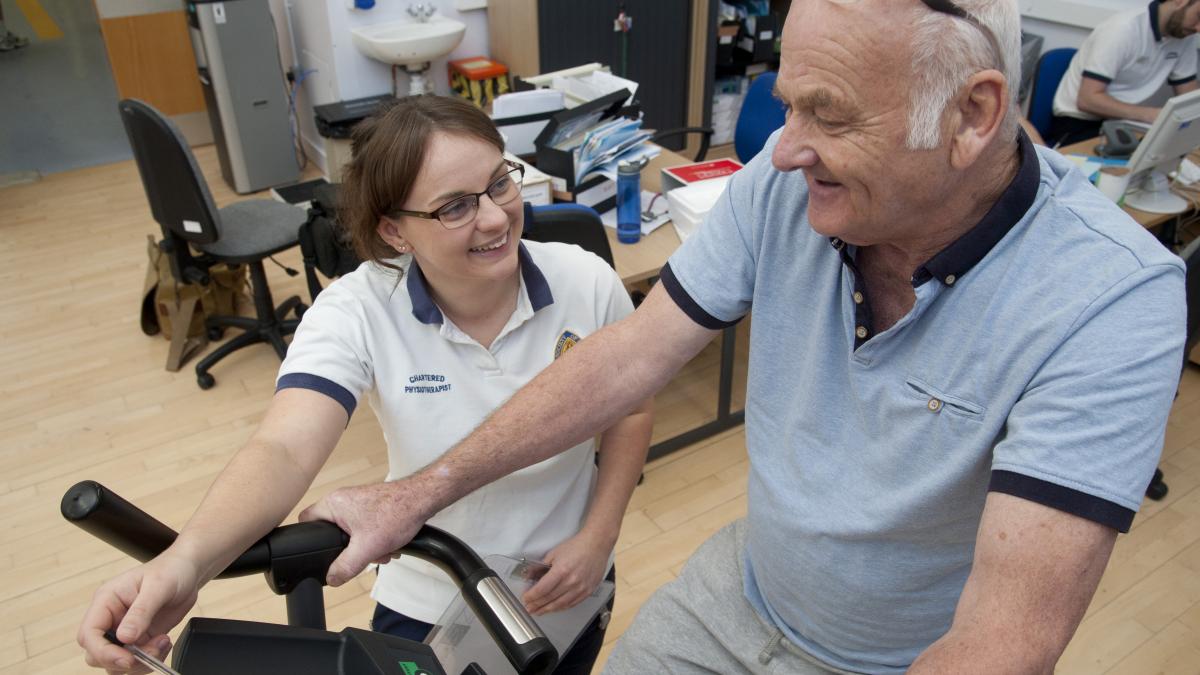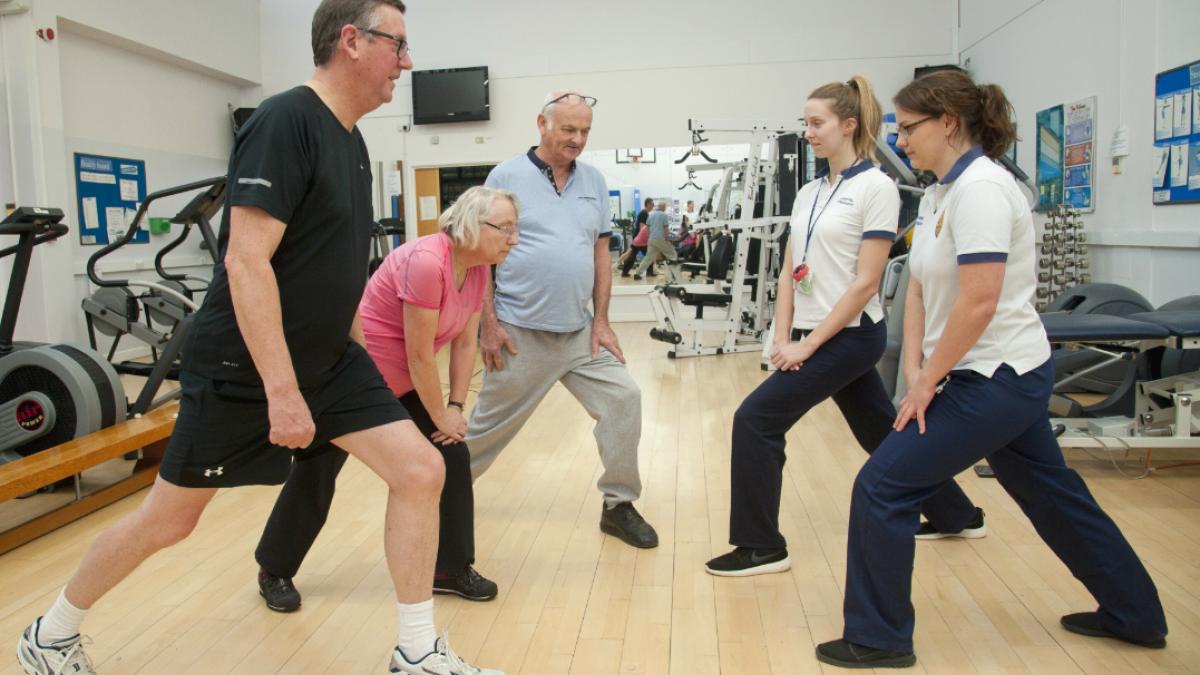Providing people with cancer with a personalised prehabilitation programme improves outcomes, raises their quality of life and reduces the risk of the disease progressing.

This is one of the key messages in new guidance published by the Royal College of Anaesthetists, Macmillan Cancer Support, and the National Institute for Health Research (NIHR) Cancer and Nutrition Collaboration.
Prehabilitation for people with cancer advises that every person with cancer should receive a personalised prehab care plan, which they co-develop with a multidisciplinary team that includes physiotherapists and other healthcare professionals.
The report calls for changes to the delivery of cancer care across the UK and outlines the benefits of integrating prehab into cancer pathways.
Physiotherapy input

A number of CSP members contributed to the development of the guidance including Orla McCourt, a research physiotherapist at University College London and a member of the executive committee for the Association of Chartered Physiotherapists in Oncology and Palliative Care (ACPOPC).
She told Frontline: ‘This report is a positive step towards the aspiration of integrating prehabilitation into routine cancer care in the UK.
‘CSP members specialising in oncology - as well as those working in others settings who see people with a cancer diagnosis - will find it really useful.
‘It provides guidance on identifying who will benefit from prehab, what level of intervention may be indicated and how to plan and deliver models of multimodal rehab, which consist of the key elements of nutrition, exercise and psychological support.’
Successful case studies
Using evidence collected from pioneering cancer services across the UK, the report highlights how providing prehabilitation – which may include nutritional, psychological and physical activity support – can help people to
- improve their long-term health
- maximise their physical and psychological resilience to cancer treatments
- experience an improved quality of life
‘There is also an emphasis on appropriate consideration of behaviour change techniques, incorporated as part of these interventions,’ Ms McCourt said.
‘To support people with cancer to prepare for their treatment, which may include surgery, chemotherapy or immunotherapy.’
Physiotherapy is key

The report emphasises the need for multidisciplinary prehab teams and identifies physiotherapists, and other allied health professionals (including AHP support workers), as key members of the prehabilitation workforce at all levels.
Ms McCourt said: ‘Prehabilitation services will require multiple professional groups working and collaborating across sectors, as well as a deeper involvement of people with cancer, to co-design and provide personalised services that are centred around their needs.
‘Physiotherapists possess many of the attributes and skills to provide effective clinical leadership for pre-habilitation services and will need to work alongside our colleagues in the health, leisure and voluntary sectors to contribute to effective and sustainable delivery of prehab and rehab services, which will be required by an ever increasing number of people living with and beyond cancer.’
Early intervention improves health

As well as advising that all people with cancer should be provided with a co-developed personalised prehab care plan, the report also recommends that:
- interventions targeted at improving physical and/or mental health should start as early as possible and in advance of any cancer treatment (not just the first cancer treatment)
- services delivering prehab should be co-designed and produced with patients and carers
- the Professional Standards Authority, the Chartered Institute for the Management of Sport and Physical Activity and the British Association of Sport and Exercise Sciences should work together to define an approach to achieving accreditation and/or regulation for exercise professionals working in prehabilitation
Frontline rehab special
Rachel Newton, CSP head of policy, added that: ‘The CSP and the Association of Chartered Physiotherapists in Oncology and Palliative Care are working together to support this initiative. Look out for more on this in the November special rehab edition of Frontline.’
Physiotherapists possess many of the attributes and skills to provide effective clinical leadership for pre-habilitation services
Find Out More
Number of subscribers: 1